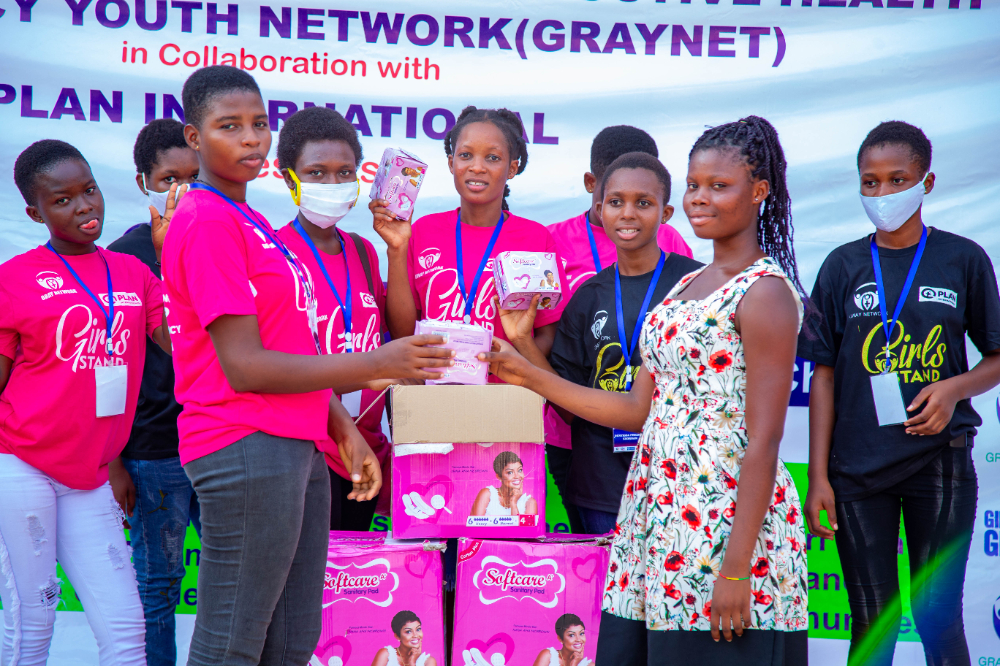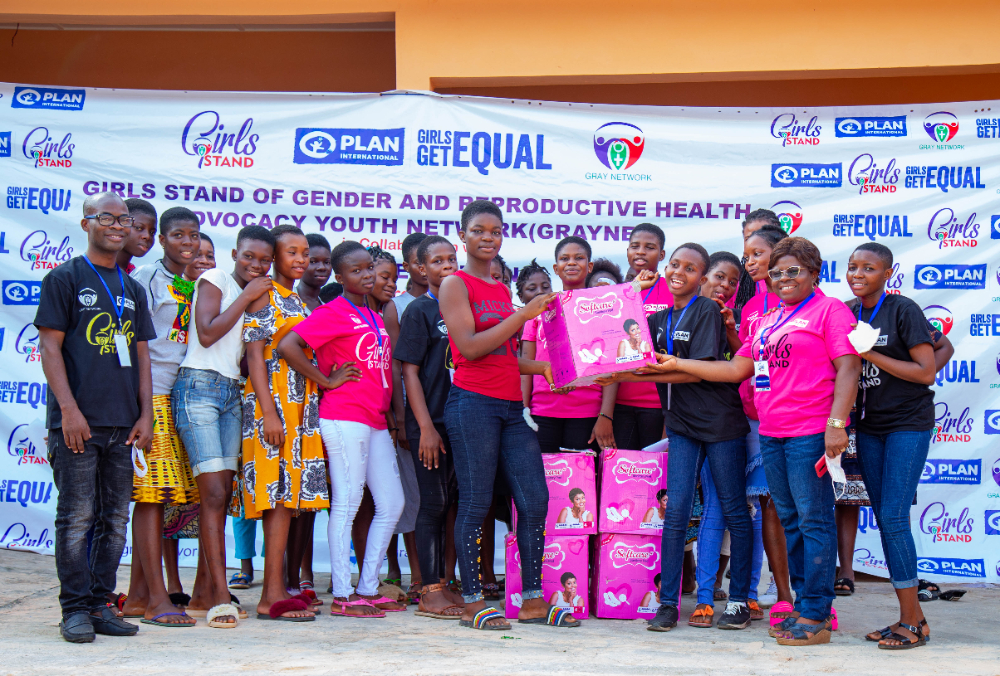Period poverty continues to be a barrier to girls’ education, health, and dignity. By providing pads and menstrual health education, the project not only keeps girls in school but also protects them from harmful practices and health risks. Empowering girls to manage their periods safely is key to achieving gender equality, education retention, and a healthier future for young women in the Volta Region.



Pen & Pad to End Period Poverty
The 4P Project was implemented in North Dayi and Adaklu District Volta Region, to tackle period poverty that caused many adolescent girls from low-income families to miss school. Some resorted to transactional sex to afford pads, exposing them to HIV/AIDS, teenage pregnancy, unsafe abortion, and early marriage a situation worsened during the COVID-19 pandemic. The initiative ensures girls stay in school, avoid risky coping mechanisms, and manage menstruation with safety and dignity.
- Distributed free sanitary pads to 500 adolescent girls from vulnerable households.
- Organized Menstrual Hygiene Management (MHM) training sessions in schools and communities.
- Facilitated interactive Q&A forums, giving girls a safe space to discuss menstrual health challenges.
- Engaged parents and guardians to raise awareness on supporting girls’ menstrual needs.
- Promoted peer-to-peer learning, encouraging girls to share knowledge with their friends.
- Improved school attendance as girls no longer miss classes due to menstruation.
- Reduced engagement in transactional sex by providing pads free of charge.
- Increased knowledge on menstrual hygiene management and confidence among girls.
- Prevention of risks such as teenage pregnancy, HIV/AIDS, unsafe abortion, and early marriage.
- Strengthened community awareness on ending period poverty.
- 500 adolescent girls received sanitary pads, menstrual hygiene training, and peer support.
- 65 parents engaged on supporting girls’ menstrual needs.

